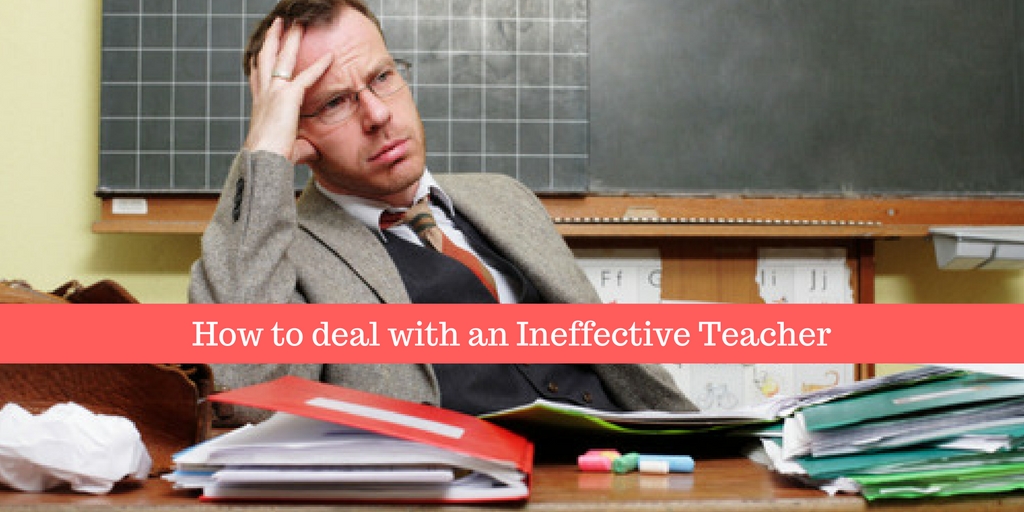School just began and your kid is having teacher problems. But, is your kid really the issue? Many parents know it’s normal to have teacher problems with at least one teacher throughout their kid’s school career and their right. But, for Black children it’s not just a problem, it’s an epidemic.
A study by the Centers for American Progress shows minority kids are 38 percent more likely to have ineffective teachers. The study reports:
…a student in a low-minority-enrollment school is 38 percent more likely to have a highly effective teacher than a student in a high-minority enrollment school…”
So, it’s no coincidence that you sometimes think you’re little ninja is under attack when he breaches the classroom doors. When my oldest son was in middle school, I can count on two hands how many ineffective teachers he had. We live in the inner-city and are African-American, so while my son has had some excellent teachers, we’ve also dealt with teacher problems up until we began homeschooling.
If you find yourself in a similar situation, with an ineffective teacher here are some ways to deal with her or him.
Keep it strictly business
Other than good morning and good afternoon, if you are having teacher problems stop exchanging niceties with your kid’s teacher. I’m a huge advocate of befriending teachers. I have some teachers who I know on a first-name basis and live in my neighborhood. A good relationship with a teacher usually gives incentive to go the extra mile. But, if that teacher is ineffective, he/she needs to know you mean business. You want to be careful not to send mixed messages. This doesn’t mean that you should be mean. However, just like every other job, the boss sets the tone for how the relationship will play out. Just because the teacher is ineffective with everyone else’s kid, doesn’t mean they have to be that way with yours. Give he/she a lead to follow.
Make friends with the teacher next door
If the teacher is truly troubled, trust me, everyone already knows and that includes other teachers. I’ve even had other teachers give me a rundown of the “good v. bad” teachers. By forming a close relationship with an effective teacher, you can keep tabs on what’s really happening when you’re not there. Be careful with this one though, as a former PTA parent, I can tell you teachers tend to be close and will sometimes cover for one another. But, if you can find a teacher who is a genuine educator and is really interested in providing quality teaching, she will be your best ally.

Keep it Simple with Emails
When dealing with a teacher who you’ve already pinpointed as ineffective the last thing you want is to send an email that is misconstrued in a negative manner. Not only is it now written fodder for the playground of teachers at your kid’s school, but it also sets precedent for the teacher’s excuse to no longer deal with you. Record all interactions in a notebook. Respond plainly and simply with in email correspondence. If topics are breached that are tinged with the slightest bit of emotion, suggest you speak in person.
Emails should only be used for tracking homework, simple correspondence and other logistical information. Try not to discuss behavior issues or disciplinarian needs via email.
Get Noticed
Most principles back up their teachers. (Even if the teacher has a record of teacher problems.) You can’t be mad at them. It’s their job. But, it’s very tough to demean the importance of the the parent who attends PTA, brings snacks in a tough spot and is always willing to lend a helping hand. Make sure the principal, guidance counselor or other administrators know your name. Whether you show up to PTA with cookies occasionally or offer to fill-in for the secretary’s lunch period, once the principal knows you are actively involved the teacher will have less validity to later claim you are just picking on him/her.
Maintain privacy
This is a biggie. Never, I mean never talk down or reprimand you child in front of a teacher who you are unsure has your child’s best interest at heart. Teachers are people too, and can be manipulative. While I truly believe most teachers love and want the best for all of our kids, some will use the divide and conquer strategy of pitting a parent against a kid.
Once a parent begins to equate their visits to the school with negative behavior from the child, a parent is more likely to keep their distance. Teachers can use this to their advantage if they don’t want parents to uncover their ineffectiveness. Always handle behavior, homework or peer issues with your child at home. When presented with a problem, simply respond to the teacher: “We’ll work on this issue at home.” If your kid is wrong, you’ll deal with punishing them at home. If your kid is having a genuine issue, you’ll come up with a strategy for dealing with it at home.
I hope this helps mamas.
I’m Raising Boys! How about you? Check out these articles on raising boys.
How to Keep Your Teenage Boy Out of Trouble













